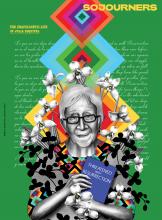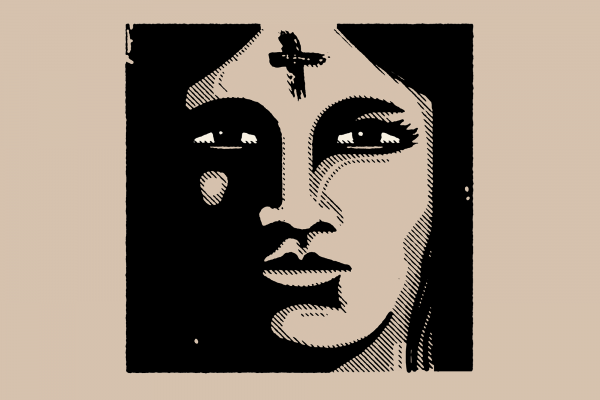ON ASH WEDNESDAY the dust from which we came and to which we return is daubed on Christians’ foreheads. It is an intimate reminder that the Spirit of God breathes in us and we live; without the Spirit we crumble.
To be more Christlike means facing death in all its forms—the death of reputation, the death of truth, and the bodily death of our beloveds. Lenten scriptures keep before us stories of temptation, failure, and the heavy machinery of this empire or that, always shifting into position to crush those who threaten human power and wealth. There are hints of resurrection in the lectionary readings, but the pain and destruction of dreams and life that comes before is given its full due.
We are too well acquainted with the world and its ways not to imagine what massacre or plague filled that valley with dry bones in Ezekiel’s vision. And, in John’s gospel, Jesus is confronted by Lazarus’ grieving, accusing sister. Why did you not come when called? Mary demands, while Lazarus was alive and could be healed. The story is raw with the pitch of her rage and Jesus’ own tears.
Read the Full Article

